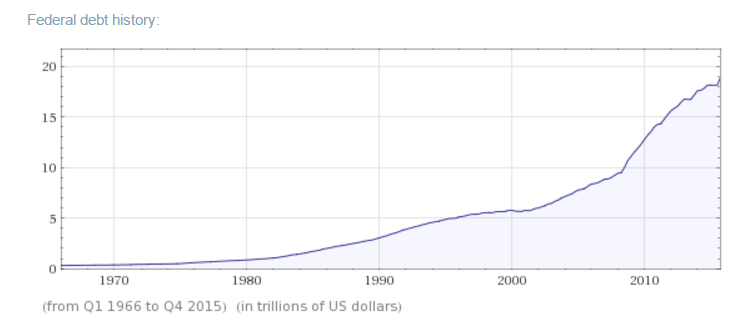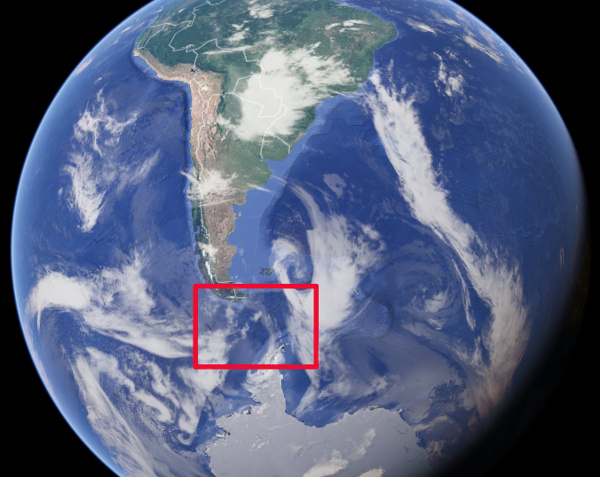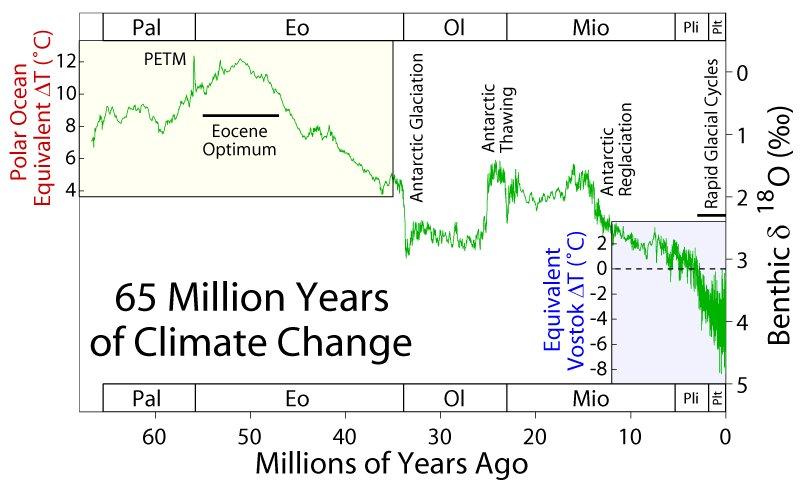There are two kinds of karmic retribution.
The first kind is intrinsic. Every choice has consequences. Choices of kindness, love, beauty, creativity, reality and consciousness have a harmonizing effect on the spiritual body. They make the spiritual substance coherent, regular, organized and compact. Every kind of spiritual understanding, the kind that is relevant and meaningful, removes gaps and lower-energy inclusions from the spiritual body. Every sin creates fractures and reduces specific energy of segments that are involved in the decision. Sufficient amount of weakening can result in fragmentation of the entire structure and, after the end of physical continuity, independent reincarnation of the fragments. There is only one worse form of spiritual degradation, and that is loss of inner cohesion of the soul to the point of complete disintegration, where none of the resulting fragments is capable of forming a consciousness. This is the final, true death of the soul, which is possible only if a soul violates the fundamental principles that made its existence possible in the first place.
This first kind is mostly unknown outside the expert circles; the advanced practitioners of yoga and vipassana know of it, because both the inner-space kriya of the Kundalini-yoga-sadhana and vipassana work at reconstruction of the soul-substance with intelligent effort, with the goal of transforming the soul into something of a much higher order. Outside of those circles, the inner workings of karma on soul-structure are mostly unknown, and soul is wrongly considered to be a constant and unchangeable entity surrounded by a layer of past karma. This is the second kind of karma, and it is both easier and more difficult to understand.
It’s easier to understand because everybody and their dog talk about it. It’s more difficult to understand because everyone and their dog are wrong, but something along those lines still exists. It doesn’t exist as an outside layer of karmic filth that needs to be worked out. It doesn’t exist as a page in God’s book of one’s past deeds. It does exist, however, although the actual mechanics are a bit difficult to understand without an analogy.
You see, your existence as a soul rests upon certain foundations. One of those foundations is your relationship with sat-cit-ananda, with brahman. The second foundation is the relationship between individual kalapas, the spiritual particles that make your soul. If the particles “love” each other, there is cohesion between them; the attractive forces prevail. If they “hate” each other, if they are in intrinsic conflict because of some action that cannot be internally reconciled, the repulsive forces prevail and the substance fractures. Also, if inclusions form within the substance that are of significantly lower energy than the rest of the material, it behaves like a strong rock with weak inclusions, or bricks connected with weak adhesive. It’s not that it necessarily falls apart, but the total structural integrity of the soul is weaker than its maximum potential. In order for the maximum potential of the soul to be realized, the weak inclusions need to be transformed, and that is accomplished by attaining higher understanding that removes spiritual weakness.
The extrinsic karma might actually be God’s reaction to your form of existence, but it’s more formal and mathematical than that. It’s as if we compress coiled springs with our actions, and they are released when the entire span of consequences of our actions is completed. Let’s say you promised to meet someone at 4 PM. If you lied and never had an intention of meeting him, this already influences your soul, but has no extrinsic consequences. You can also change your mind, and as long as it is possible for you to do so and fulfill your promise, the act isn’t final. However, when the window of opportunity passes, the act is final and the effect on your soul is complete. You suffered an intrinsic karmic reaction. The extrinsic karmic reaction is a more complex one, and I’m not actually sure how it all works, I only know what it does. The effect your actions had on other souls are important. It’s not just about you and your relationship to yourself; others matter. When you harm someone he gets a claim on you, your natural spiritual protections are weakened towards that person, and that person can hurt you, can basically influence your spiritual fate to a degree to which the harm you inflicted upon that person was serious and intentional. As you influence the world around you, you incur debts as well as obligations. Debts are usually repaid with pain, and obligations with kindness. You don’t live in a vacuum. Your actions that concern others can leave you in debt, and therefore at someone’s mercy. This can occasionally become so important, that your relationship with yourself and God becomes secondary; if you harmed others gravely and maliciously, they can completely determine your destiny. People think that murder is the worst kind of crime or a karmic offense, but that is not so; there are worse, more damaging things. Personal betrayals result in grave debts. Offending a worthy person is usually such a bad spiritual crime, that even one such action can completely doom you, unless you recanted and made reparations, and those reparations were accepted. Also, torture, defined as intentional malicious use of the limitations that physical plane inflicts upon a soul, in order to maximize suffering of the soul, is a much worse offense than murder, and the punishments are grave. The same goes for rape, defined as using physical limitations imposed upon a soul to inflict sexual humiliation and involuntary submission. In any case where you use the opportunities, presented by the limitations imposed by physical incarnation, to harm, humiliate, offend, restrict or deceive a soul, instead of spreading knowledge and joy and truth, and acting with kindness in order to ease the pain of others and point them towards the light of God, every time you choose darkness over light, you increase the power of darkness over yourself, you reduce the ability of light to save you, and you give yourself into the power of your victims, to do with you as they see fit.
The problem with this aspect of karma is that it’s automatic, it’s stupid, it doesn’t recognize complexity and sophistication of actions. You suffer a karmic backlash even for the pain inflicted with the purpose of doing good and helping. You do, however, obtain a karmic benefit for doing the good that you intended. As I said, it’s stupid, it’s automatic, and good intentions don’t justify harm. There are no excuses, there are no exceptions, and the rules are universal. It works on you regardless of whether you’re a God or an ordinary soul. This stupid aspect of karma is dangerous as hell and you don’t want to fuck with it. I know quite well how it works since I had to suffer severe karmic backlashes in the process of helping some people in the only way that I knew would work, and regardless of how thankful they were when it worked. I still had to take a serious karmic blow. There’s no amnesty, no forgiveness, no mercy, nothing. It’s as automatic as gravity. It doesn’t think, it doesn’t judge, it doesn’t deliberate. It’s a formula that works, always, without exceptions, on anyone.
You can fuck with it if you’re suicidal enough, though. I know of a spiritual entity who did just that. You see, there are tricks for postponing reactive karma of this kind, and I’m not about to teach you those, and as a warning, the only person who tried this kind of a dance was very successful; he kept it going for millennia, and slipped only once. The backlash was swift, immediate and deadly and he no longer exists as a spiritual entity, the backlash completely extinguished his spiritual continuity and ability to form consciousness. He was powerful to the point of calling himself immortal and eternal, he committed unspeakable acts against innumerable souls and he thought he was untouchable, and yet it was a fraction of a second between a slip and final death for him. I watched. It took me quite a while to be able to believe he’s actually gone.
So, be kind to other beings, and don’t think you can ever justify harsh actions. Nobody is listening to your justifications, the punishment is administered automatically and without appeal. Every time I had to resort to harshness I was aware that there would be a price for me to pay, and I went into it with full awareness of the consequences and with my entire skill. Every bad thought has a price, every harsh word has a price, every evil deed has a price, and there is no way to weasel out, there is no forgiveness, there is no consideration of intent. It simply doesn’t care, and it doesn’t care whether you knew about it or not. It’s like jumping out of a window. Gravity works and the impact hurts you regardless of your motives for jumping, and regardless of your understanding of gravity. Intrinsic karma is a bitch, but it’s a bitch with brains. Extrinsic karma is a sledge hammer. It’s pure momentum, unthinking, inevitable, merciless. Never, ever fuck with it. God might forgive you but karma will crush you regardless, and if you think you can justify your acts before God, you’re barking at the wrong tree, because God can’t really forgive you. If He forgave you, karma would crush Him instantly. Why do you think Jesus had to suffer and die on the cross if God is above karma? If God was above karma He could wave his finger and forgive everyone. No, he had to have flesh stripped off his bones with whips and he had to die humiliated and ridiculed, powerless, in order to produce significant but limited karmic effect. That’s the problem with karma: in order to forgive someone you need to pay his debts. It’s not some touchy-feely bullshit where you forgive your enemies and everybody is happy and hugs trees. No, if you forgive your enemies you get to be crucified for their sins, while they laugh at you and spit at you and enjoy your apparent demise.
Don’t fuck with karma. Not if you don’t know what you’re doing, and especially if you think you do.




